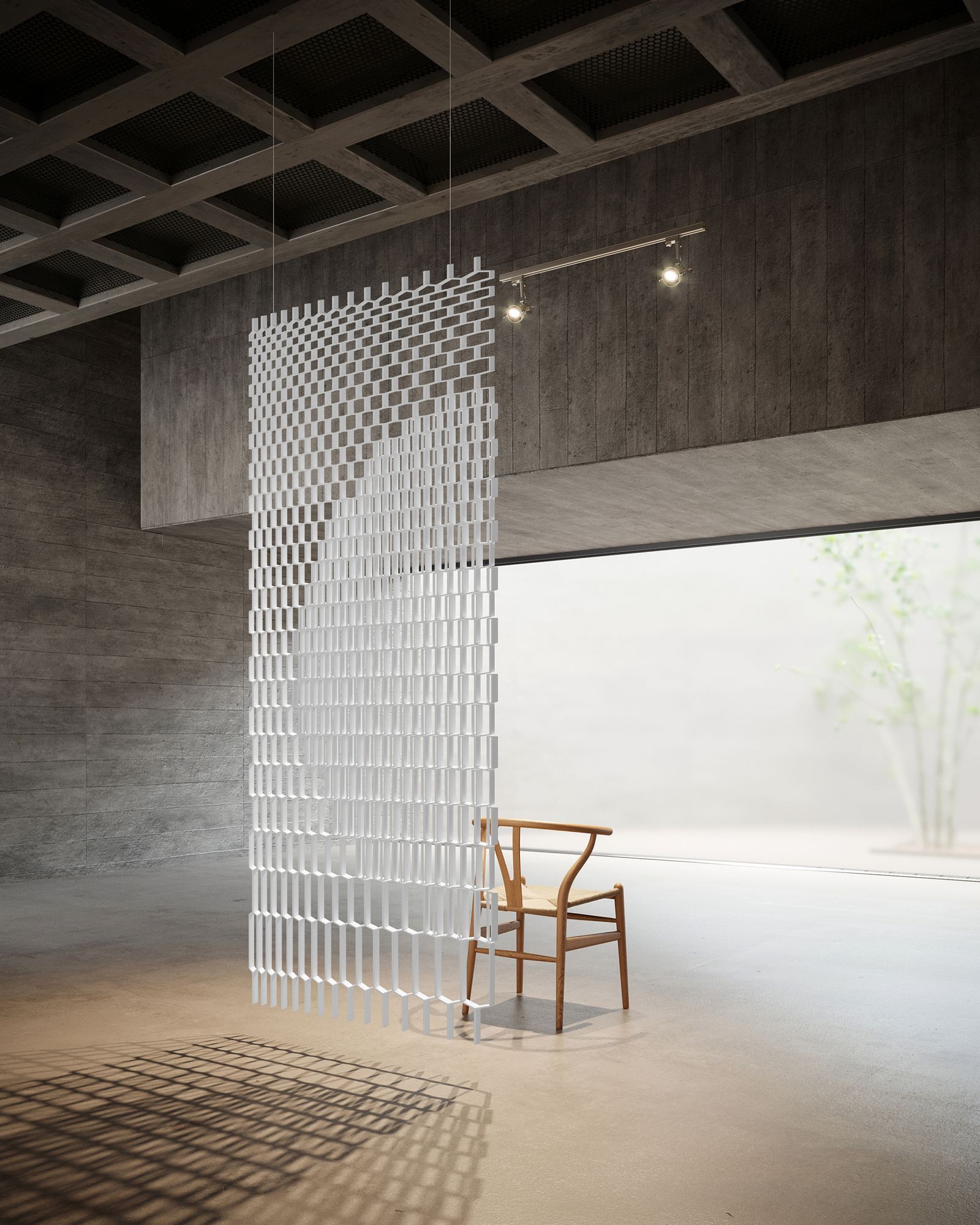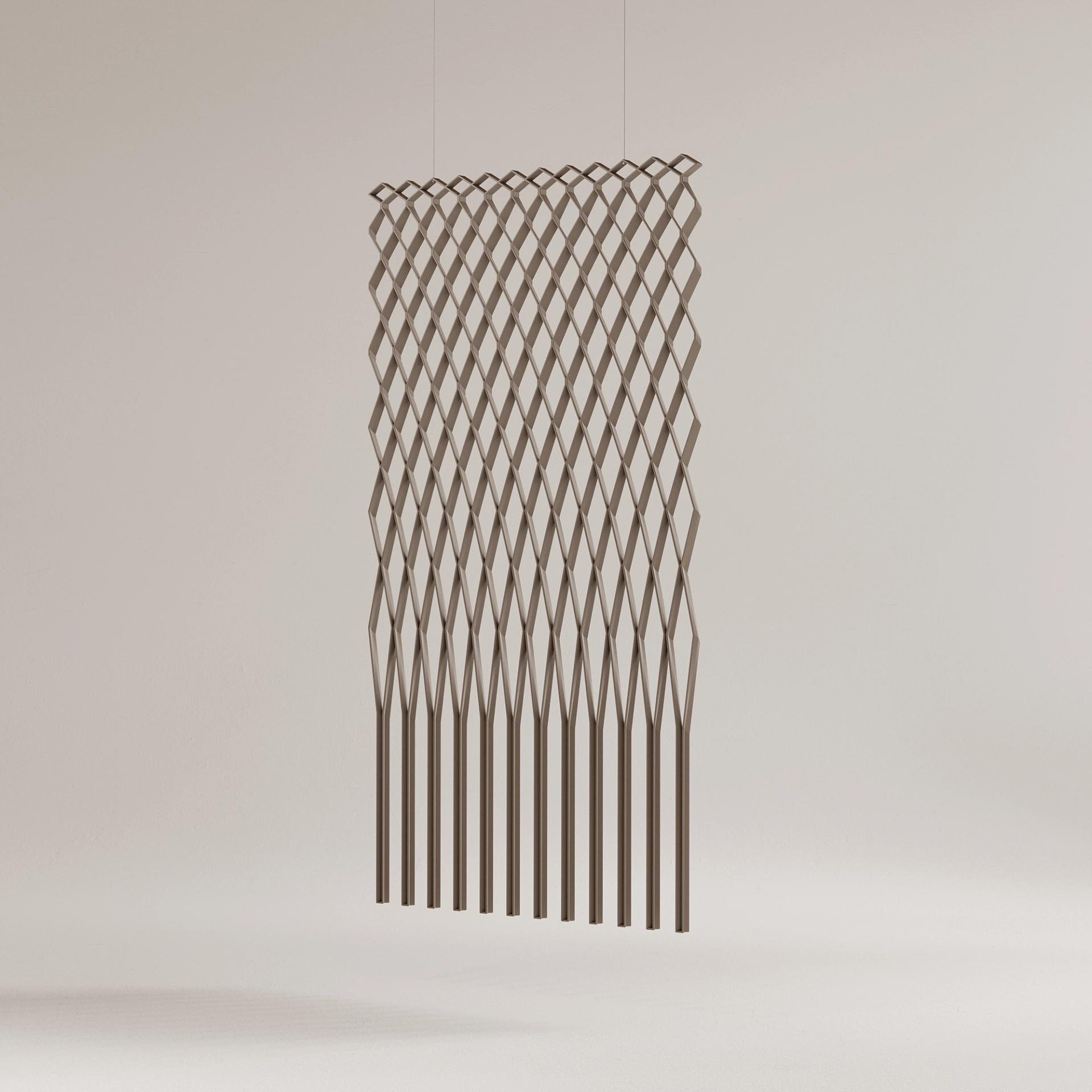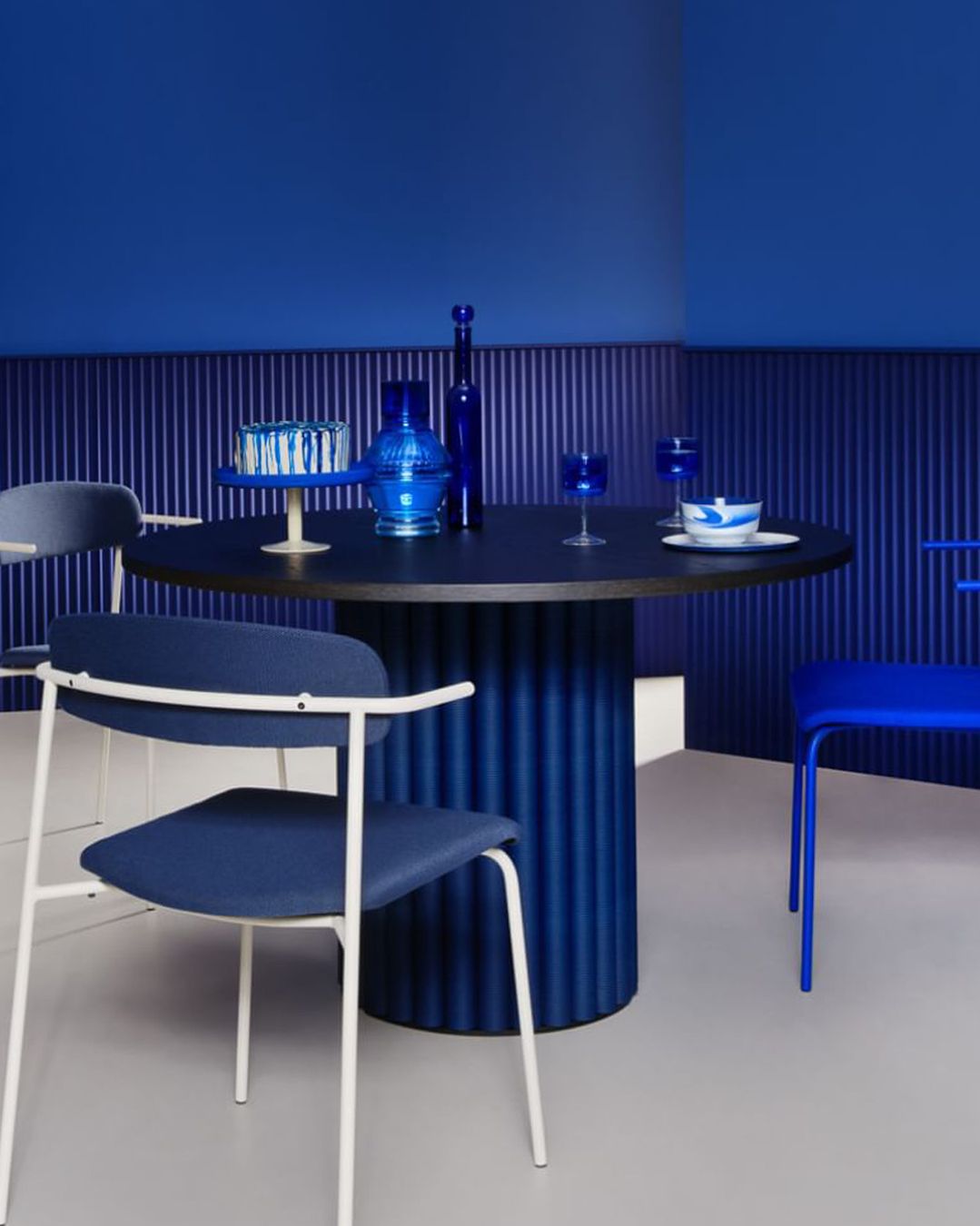
In a recent Forbes article titled 'Getting On Board With The Circular Economy' Aectual is featured as one of the key protagonists, setting an example with their end-to-end sustainability solution. With their ‘ultimate upcycling approach, materials are shredded and reprinted into new items, which reduces CO2 in every cycle.’ Nest Labs founder, Ipod inventor, and Future Shape investor Tony Fadell agrees: “I see investment in the circular economy headed towards materials-as-a-service.” Read the key fragments from the article by Jennifer Kite-Powell:
Greenhouse gas emissions (GHG) are directly related to what we extract, produce and consume. So the idea is that if we apply circular strategies to materials and emissions in hotspots, the world could reduce GHG. The circular economy movement is slowly being embraced by businesses, government leaders and consumers as a way to tackle waste and pollution, accelerate climate action and maintain a viable and prosperous economy.
Tony Fadell is the Principal at Future Shape and the founder and former CEO of Nest Labs. He says the markets understand more and more that materials are finite. "Value chains can only last if they will be based on reuse and circularity."
"Chains based on mining waste will lose their value and eventually become obsolete, so investors understand this. I think this is hopefully just the start of moving the circular economy forward," said Fadell. "I see investment in the circular economy headed towards materials-as-a-service."
Hasan Shafi, a partner at Arthur D. Little, says "Digital technologies and sustainability areas will see more convergence and synergistic innovation in the future, thus accelerating decarbonization. Many new business models will be developed and delivered via digital/tech platforms such as decarbonization-as-a-service."
Shafi says catalyzing investments into cleantech and future market mechanisms can contribute to a better future for people and the environment.
Circularity through 3D printing
An example of the circular economy in action could be 3D printing. Dutch startup Aectual is 3D printing furniture out of recycled beverage cartons.
According to Hedwig Heinsman, Chief Creative Officer and co-founder of Aectual, nearly 200 billion beverage cartons were produced in 2021, and there are an estimated five billion buildings worldwide. Sound like a strange comparison? Not to Aectual.
"We thought, what if we were to turn those beverage cartons into high-value architectural material and decrease the need for virgin material used for furnishing our daily environment," said Heinsman.
And that is what the company did.
More than 75% of a package can be reused cardboard, and the remainder, 25% is a polymer-aluminum mix; they could use that material to 3D print high-quality interior products, such as stools and planters; and interior systems, such as acoustic wall paneling and dividing walls. "By recycling materials, I believe we can halt the use of virgin materials and contribute to a healthier planet," said Heinsman."We are dedicated to radically changing the way materials are used and introducing a fully circular solution to the built environment,"
The company also provides free take-back service on all objects and systems. In the ultimate upcycling approach, the materials are shredded and reprinted into new items, which reduces CO2 in every cycle.
"What most people don't know is that 3D printing and circular manufacturing can be a perfect match," said Heinsman. "In our case, we link a data-driven feedback loop of smart design algorithms with a material feedback loop. Our objects can be digitally configured online, 3D printed, used, shredded and then reprinted into smarter objects that keep getting smarter with every production cycle."
End-to-end sustainability
The idea of 3D printing furnishings from recyclable materials creates an end-to-end sustainability solution. Heinsman says her company works with Tetra Pak to provide circular roll-outs that are continuously customizable and add long-term value.
Heinsman says end-to-end sustainability has a long reach. "Offices and hotels change their interiors [..] sometimes every three years. This change in user demands results in tremendous amounts of waste."
"High-quality 3D printed products made from recyclable materials offer an easy way to implement circular use of furniture and finishes without compromising on quality," said Heinsman.


